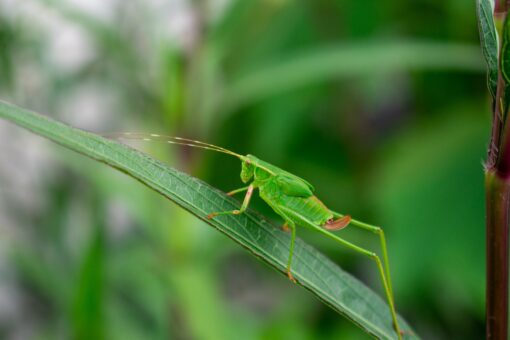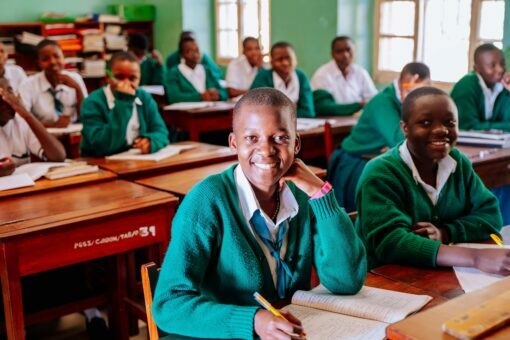Tales of Happiness
We’ve had lots and lots of ‘Tales of Happiness’ to tell since we were founded in 1999. Many of them were the tales of children who received an education thanks to our Kinderhaus facilities, opening doors of opportunity to a better chance in life.
We have pulled together a whole host of tales of happiness – from our partners, from children at our Kinderhaus facilities, from people working at PATRIZIA SE, and from our friends and supporters.
”Happiness is the only thing that doubles when you share it.”
Albert Schweitzer
evang. theologian, organist and philosopher
Happiness – the first foundation magazine
The spring 2020 issue of our foundation magazine is also dedicated to this Tales of Happiness topic. Accordingly, we gave it a simple title: HAPPINESS. Read the magazine here
Happiness – does it have the same meaning everywhere? Sort of … it’s expressed in different ways, depending on the language or culture. Read more about the definition of happiness here.
Our video of our projects in Rwanda shows Brigitte and Pierre talking about their angle on happiness. It’s certainly worth watching!
Covid-19 fund
As a result, we set up a fund going by the name of Coronavirus Fund Education Healthcare. Its aim is to provide immediate aid to our Kinderhaus facilities. By adding your own donation to the fund, you can support our facilities that are experiencing serious problems as a result of the crisis. So we can hopefully tell more tales of happiness.
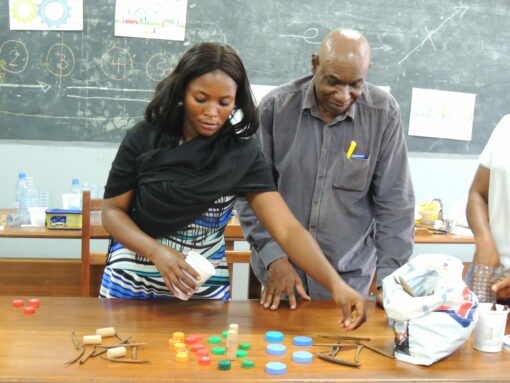
Donation account:
You too can support us in giving the children and young people in our children’s homes access to education. Together we have the opportunity to contain the consequences of the global corona pandemic.
IBAN: DE59 7208 0001 0160 0333 00
BIC: DRESDEFF720
Usage: Corona Fund
All donors of 50€ or more will receive a donation receipt
My tale of happiness





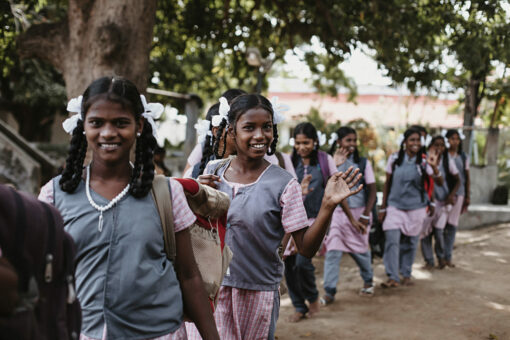
To give her daughter the opportunity of receiving a proper education, Padmavathi – who turned 16 in 2020 – was sent by her mother to PATRIZIA Child Care Porayar. The home only takes in girls with a proven need of urgent support. Padmavathi was fully aware that this was a golden opportunity to put poverty behind her. Her father had left the family at an early age and her mother tried to collect and sell garbage, but could not feed her and her brother. Currently, the girl is in 11th grade, is diligent and particularly enjoys learning English.
Padmavathi is happy that she has friends in the girls’ home with whom she can play and share her life. Here she has a sheltered roof over her head, regular meals and the chance to use her knowledge to grow into a self-confident and independent woman.
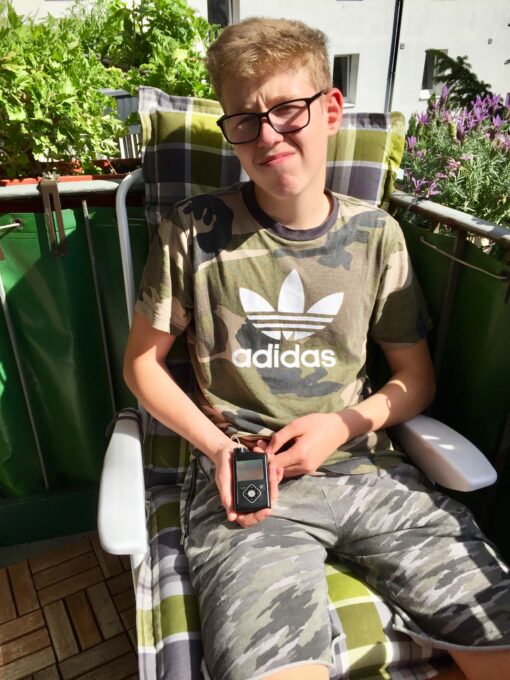
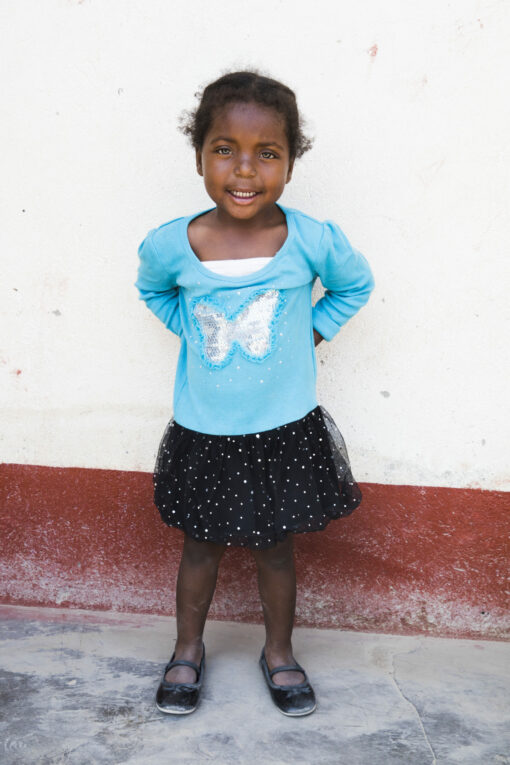
Through the PATRIZIA School Harare, the entire family of five-year-old Princess has found hope for a better future.
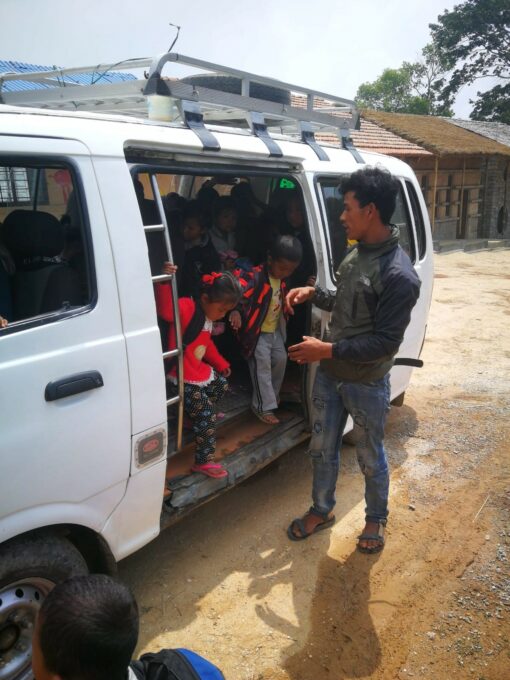
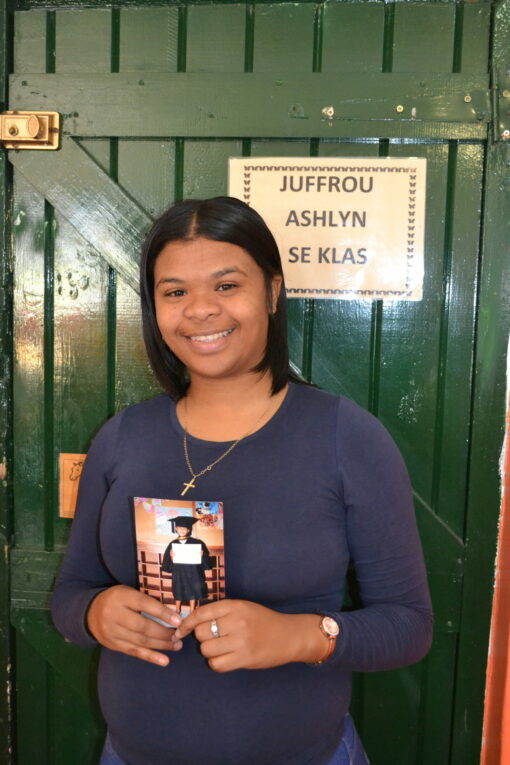
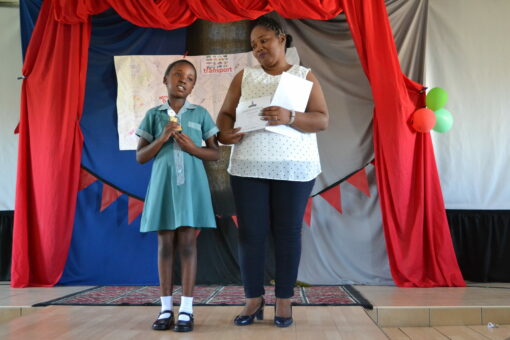
Odwa from South Africa
Odwa first came to the Agape Educare Centre at PATRIZIA Child Care Western Cape when she was only ten months old. She was given loving attention at the centre and received support in her early childhood development until she entered primary school. She was always a quiet child but was considered self-confident by her classmates, always doing her schoolwork as expected and like all children, she loved to play. Playful learning is important at the centre. In Agape, the ability of children to learn in the first six years of life is promoted through a holistic method that places emphasis on children’s physical, emotional and psychological well-being.
Pierre and Brigitte describe their journey to happiness
Everyone is dealt a different fortune in life. For Pierre and Brigitte from Rwanda, being given the chance to receive an education became an important ingredient of happiness.
Happiness – what does happiness mean to different cultures?
Every country or culture in the world has different ways of interpreting happiness. There’s no magic formula that works for everyone, which is probably just as well, because everyone has very different personal priorities when it comes to finding happiness. For example, it is scientifically proven that it makes you happy to help others. In some countries they have words that express different aspects of happiness – such as Germany, where the PATRIZIA Foundation comes from. In German, the closest word to happiness is Glück, which not only describes the road to happiness for some – fortune, like when everything just goes well. It also means fortune as in ‘happiness’ – from a fulfilling life. So how are these concepts of happiness or fortune expressed in other countries?

In the Kingdom of Bhutan, happiness is laid down as the most important goal of the state. It is even captured in the constitution. The term they use for this in Bhutan, now famous internationally, is Gross National Happiness (GNH). It’s a lovely way of expressing the fact that quality of life is more all-encompassing than the usual measure – gross domestic product. The underlying idea is simple. If a government can’t make its people happy, then there’s no reason to have a government.
The King of Bhutan even stated this in the 1970s:
“Gross National Happiness is more important than Gross Domestic Product.”
In some countries, grasshoppers are a symbol of friendship and home. In China they also believe grasshoppers offer harmony, and as in a number of other cultures they’re considered a symbol of good fortune. Fortune is reflected in the things that protect you.
This belief stems from the wakeful and attentive nature of grasshoppers. When they hear a noise, they stop chirping and make others aware of what they’ve heard. They’re like a good guard dog, except they’re not likely to bite anyone!
